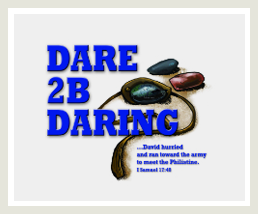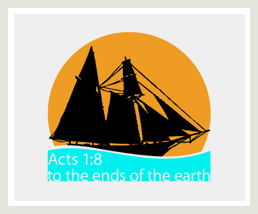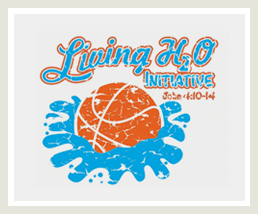Four Gold Medals... and Lots of Pain
Wednesday, May 7, 2025
“Work hard in silence, let success be your noise.” – Frank Ocean, American musician
A dear friend of mine who is as “old school’ as me shared this story and I thought my readers might enjoy it as well. It is titled, “The Quiet Legacy of Al Oerter”.
He didn’t come with fireworks. No grand entrances, no choreographed celebrations. Al Oerter just stepped into the ring, launched the discus farther than anyone else, and walked back into the shadows – gold in hand, pain in his body, and humility on his face.
Born in Astoria, Queens, to a working-class family, Oerter wasn’t supposed to be a legend. His path to the Olympics began not with elite coaching or expensive training facilities, but with street games and grit. At just 20 years old, Oerter shocked the field at the 1956 Melbourne Olympics, winning his first gold. But that was only the beginning. What followed was a feat unmatched in the sport: four consecutive Olympic gold medals in the discus throw – 1956, 1960, 1964, and 1968 – each under wildly different circumstances, each against younger, stronger challengers.
And yet, what makes Oerter’s legacy truly unforgettable isn’t just the medals – it’s the resilience behind them. In 1964, doctors told him not to compete. Torn rib cartilage and a cervical disc injury made every throw agony. Oerter competed anyway, launching a personal best to take gold in Tokyo. "I was supposed to be out," he later recalled, "but I didn’t come to the Olympics to watch." Oerter rarely spoke of the pain, never used it as a shield or storyline. That wasn’t his way.
Oerter never set world records in flashy stadiums or courted the media. He trained in solitude, often improvising with homemade equipment. Oerter believed in pushing limits quietly, believing that greatness didn’t need to be announced – it just needed to be earned. His final Olympic gold in Mexico City at age 32 came with yet another personal best. Then, true to form, Oerter stepped away without fanfare.
Al Oerter never made a commercial. He never had a shoe deal. But what Al Oerter gave the world was something far rarer: a legacy built not on noise, but on grace. In the end, it wasn't about being seen – it was about doing something no one else ever had… and doing it with dignity.
I don’t know about you, my friend, but as an avid sports fan, I think we could use a lot more quiet and dignified athletes like Al Oerter and far fewer braggadocios and self-promoting ones like (I’ll let you fill in the blank).
“God opposes the proud, but gives grace to the humble. Humble yourselves, therefore, under God’s mighty hand, so that in due time He may exalt you.” I Peter 5:5-6 (BSB)
- Rev. Dale M. Glading, President








